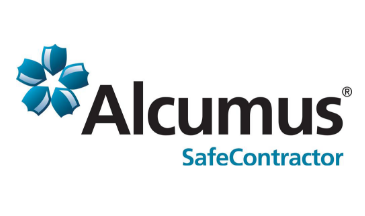Embarking on a journey to ensure commercial asbestos compliance in the UK is not just a legal obligation; it’s a commitment to the safety and well-being of everyone within your premises. In this blog post, we’ll explore the key aspects of asbestos regulations in the UK for commercial properties in 2024. Staying informed and proactive is the key to creating a safe environment while avoiding legal repercussions.
Understanding Your Responsibilities:
- Duty to Manage: As a responsible party for commercial premises, the duty to manage asbestos lies with you. This involves identifying, assessing, and managing the risks associated with asbestos within your commercial property. If you do not have a plan to deal with Asbestos, you could face a hefty £20,000 fine and in severe cases even face imprisonment.
- Asbestos Survey: Start by conducting a comprehensive asbestos survey. This survey is crucial for identifying asbestos-containing materials (ACMs) and assessing their condition. It forms the foundation for your asbestos management plan. The HSE recommends using a UKAS Accredited surveying company.
Keeping Up with Regulations:
- Control of Asbestos Regulations 2012: Familiarise yourself with the Control of Asbestos Regulations 2012, the cornerstone of asbestos management in the UK. Regularly check for updates or changes to ensure ongoing compliance.
- Health and Safety Executive (HSE): Stay up to date with the latest guidance from the Health and Safety Executive (HSE).
This regulatory body provides valuable information and resources to help you navigate asbestos regulations. - Where to Start If Asbestos is Suspected:
- Build an Asbestos Management Plan: After a full risk assessment, develop a robust asbestos management plan based on the findings of your survey. This plan should outline how you will manage and monitor asbestos risks, including regular reviews and updates.
- Appoint Licensed Contractors for Removal: If asbestos removal is necessary, engage licensed contractors. Different types of work may require varying levels of licensing, so ensure you comply with the specific regulations applicable to your works.
Don’t Be Ignorant, Be Informed:
- Employee Training: Prioritise training for employees likely to be exposed to asbestos. Ensure they are aware of the risks, safe work practices, and emergency procedures.
- Notification of Non-Licensed Work: If undertaking non-licensed work with asbestos, follow the necessary procedures for notification. Even non-licensed work requires precautions and adherence to guidelines.
Periodic Review and Monitoring:
- Regular Plan Reviews: Schedule regular reviews of your asbestos management plan. Conditions within your premises may change, and your plan should adapt to these changes.
- Condition Monitoring: Keep a vigilant eye on the condition of ACMs. Regular monitoring helps identify potential risks early, allowing for timely interventions.
Key Takeaways
In conclusion, commercial asbestos compliance is not just about ticking boxes on a checklist; it’s a commitment to the safety and well-being of everyone connected to your business. Stay informed on the latest guidance, be proactive, and create an environment where compliance with asbestos regulations is a continuous process. Your dedication to these principles not only safeguards your business legally but, more importantly, ensures the health and safety of all who enter your commercial premises.





